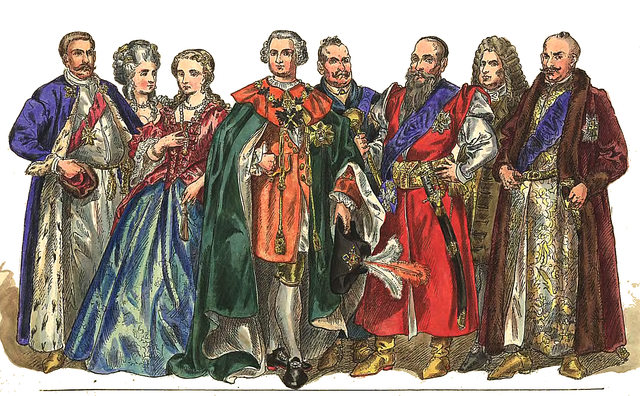Oligarchy vs Democracy
The distinction between oligarchy and democracy lies in who holds the power to rule and how it is obtained. Both terms refer to different types of ruling systems. Oligarchy is a political system in which only a few privileged individuals hold power and make decisions. These individuals typically represent the wealthy or those with royal family connections. In contrast, democracy is a political system where the general public has the opportunity to select suitable candidates for power. Furthermore, the general public can also dismiss any individual they believe is not fit to govern the country. Each term will be examined in detail before analyzing the differences between them.
What is Oligarchy?
Oligarchy is a ruling system in which power is divided among a limited number of individuals. The term is derived from a Greek word meaning “a few to rule or command.” In this system, the ruling party is not chosen by the general public; instead, power can be inherited or obtained through wealth, education, or military power, among other factors. However, generational inheritance is not a primary characteristic of oligarchy. Those with money, education, family connections, military power, etc., may be able to gain ruling power in a given nation. The general public has no control over these selections, and oligarchs are sometimes considered tyrannical. Oligarchy differs from monarchy as it does not always involve bloodline inheritance. Oligarchy can also involve a privileged group within a society.
What is Democracy?
As previously mentioned, democracy is a ruling system in which the general public selects suitable individuals for government positions based on common interests. The central feature of a democratic ruling system is that it is for the people, by the people, and of the people. In this system, elections are held, and eligible candidates can apply to participate. During elections, ordinary people have the opportunity to vote for their preferred candidate for government positions. Those who receive the highest number of votes may go to parliament and become part of the ruling and decision-making party in the country. There are two main types of democracies: direct democracy and democratic republic. Currently, many countries practice a democratic republic system. Furthermore, a democratic ruling system considers the general public as the primary source of political power. The party that secures the majority of elected candidates comes to power, while other parties may serve as the opposition.
Key Takeaways
- Oligarchy is a power structure in which only a few affluent individuals hold ruling authority, while democracy involves candidates chosen by the general public to rule and make decisions within the government.
- In an oligarchy, power is sometimes inherited or obtained through wealth, education, military power, or family connections, without considering the general public’s choice. In a democracy, the choice of the common people determines the candidates, who are selected through an election.
- Oligarchy can sometimes resemble a monarchy with tyrannical power, while democracy is based on the people’s choice, allowing them the freedom to select and dismiss candidates as needed.
